
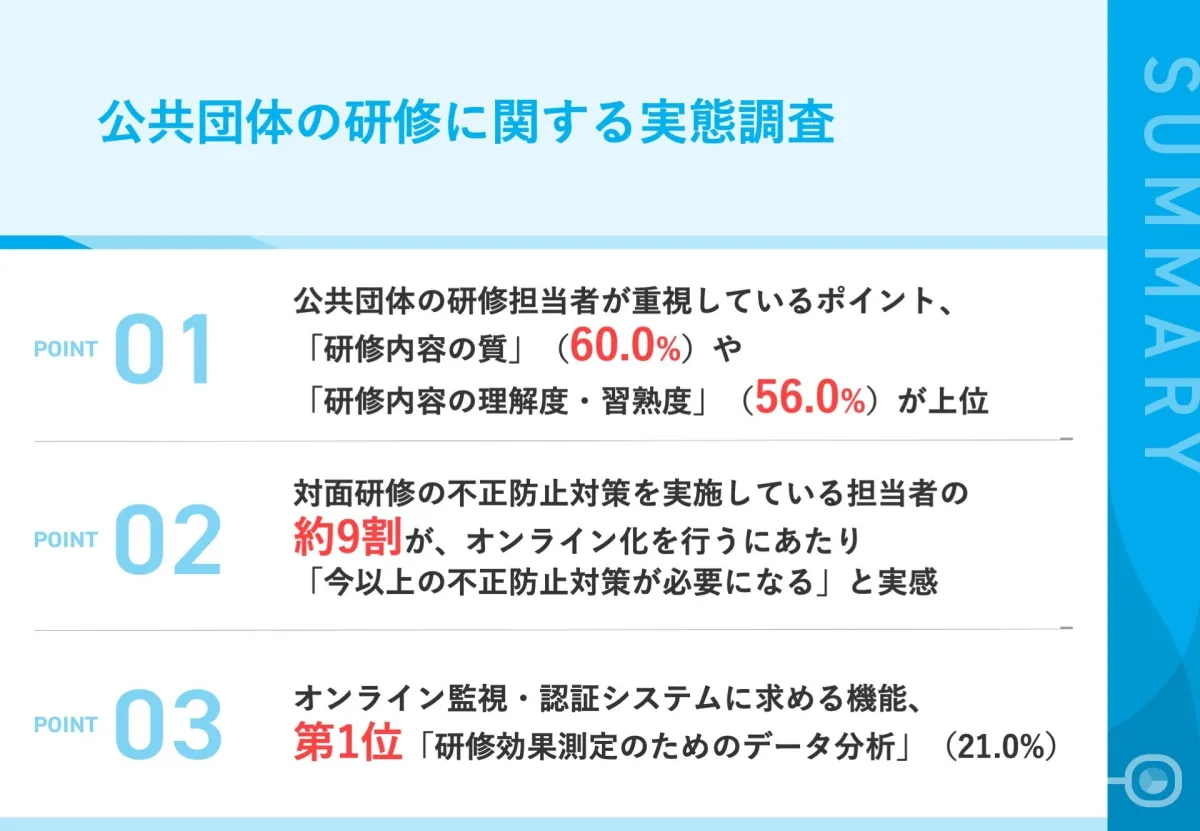
Public Organizations Consider Online Training Amid Security Concerns
Transitioning to Online Training for Public Organizations
As the shift to online training becomes increasingly prevalent among public organizations, a recent survey conducted by E-Communications Co., Ltd. (headquartered in Minato, Tokyo), has unveiled critical concerns among training administrators regarding the integrity and effectiveness of such programs.
Study Overview
The study surveyed 100 training managers from various public organizations contemplating the transition from face-to-face workshops to online formats. The survey examined their priorities, fears, and expectations surrounding online training.
Key Priorities: Training Quality
The survey revealed that the two most significant factors for training managers are the quality of training content (60.0%) and the understanding and proficiency of participants (56.0%). These findings suggest that while technology evolves, the essence of effective training remains rooted in delivering high-quality learning experiences.
Concerns Mounting Over Online Transition
Around 70% of respondents indicated rising anxieties about shifting to online training. The most commonly cited worries included the decline in quality of group work among participants (47.8%) and the inability to gauge participants’ focus and comprehension levels (46.3%). These concerns underline the complexities involved in assessing participant engagement in a virtual environment.
Addressing Security Risks: A Necessity
Almost 90% of those already implementing fraud prevention measures in face-to-face training expressed the belief that transitioning to an online format would require enhanced fraud prevention strategies. The top concern regarding potential fraud risks was that participants might complete the course regardless of actual learning outcomes, provided they meet certain system requirements (23.0%). This highlights the urgent need for robust systems that ensure training integrity, especially in settings where credibility is paramount.
Essential Features for Monitoring Systems
When asked about critical functionalities needed in online monitoring systems, the majority of respondents identified data analysis for measuring training effectiveness (21.0%) as the top priority, followed closely by regular facial authentication for participant verification (20.0%) and real-time monitoring of participant engagement (20.0%). Such insights emphasize the necessity for technology that not only facilitates learning but also ensures that the learning environment is secure and accountable.
Trust in Technology: The Key to Successful Implementation
Galvanizing confidence in online training will require clear communication regarding the security measures in place. Nearly 39% of respondents indicated that they would feel more secure if provided with a detailed explanation of fraud prevention technologies used, while 36% desire clearer operational manuals.
Conclusion
The findings of this study reflect a cautious yet hopeful transition towards online training among public organizations. While services evolve, the fundamental goal remains to ensure that learning is effective, secure, and beneficial. As public organizations navigate this digital shift, comprehensive strategies that integrate advanced monitoring technologies will be essential in upholding the quality and integrity of their training programs. Ultimately, it is imperative to balance innovation with security to foster trust in the digital training landscape. For further details and to download the full survey report, visit here.
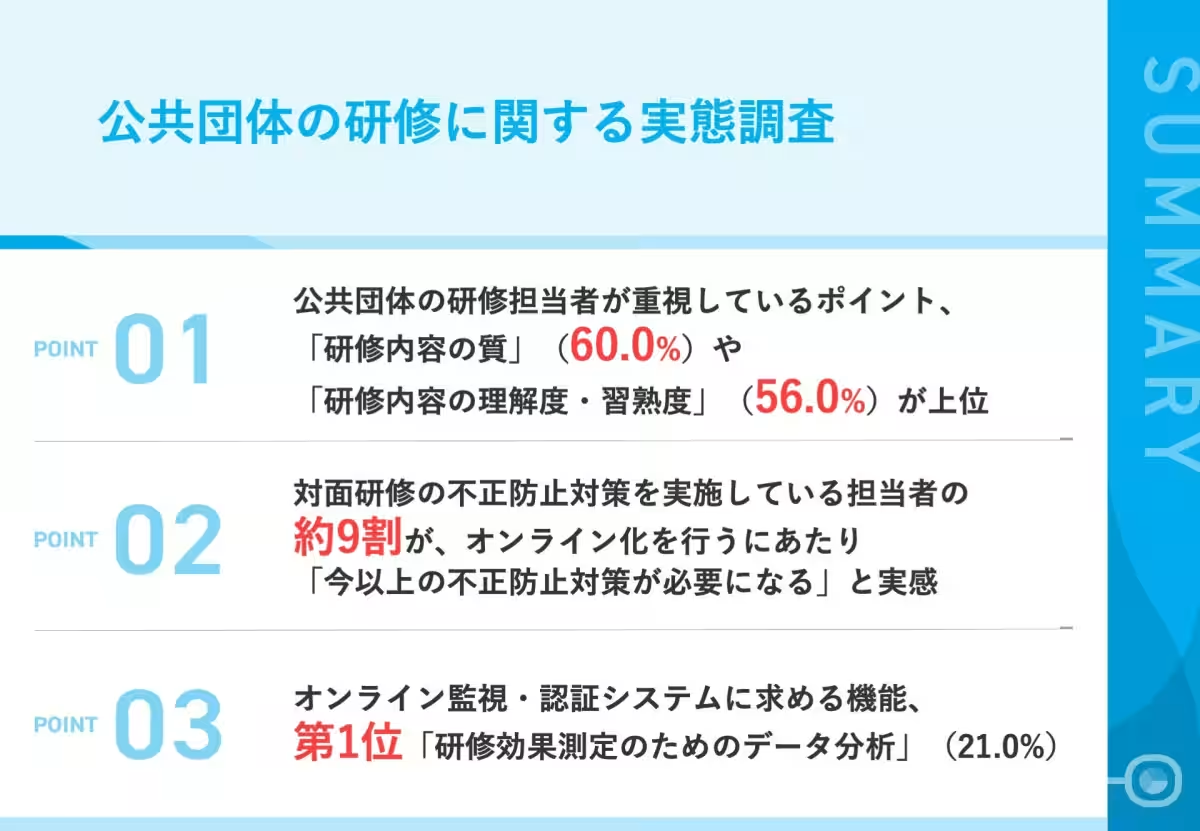
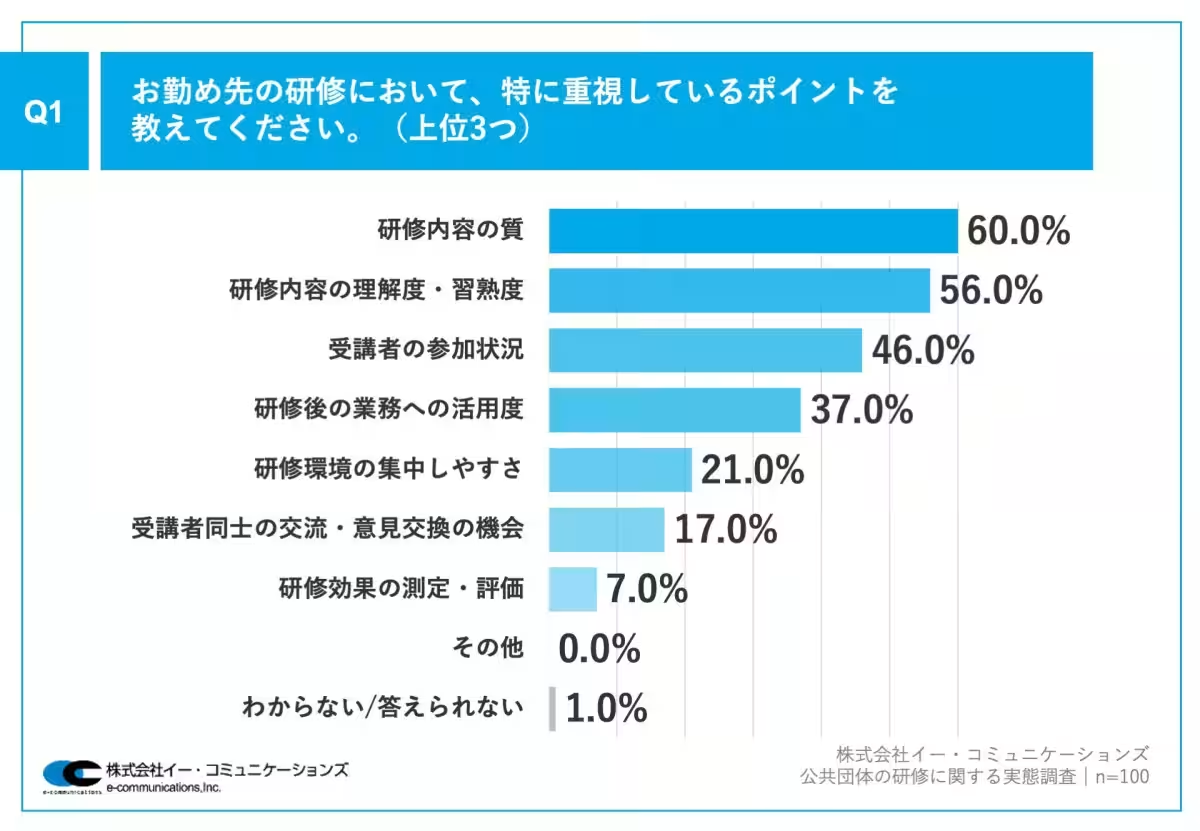
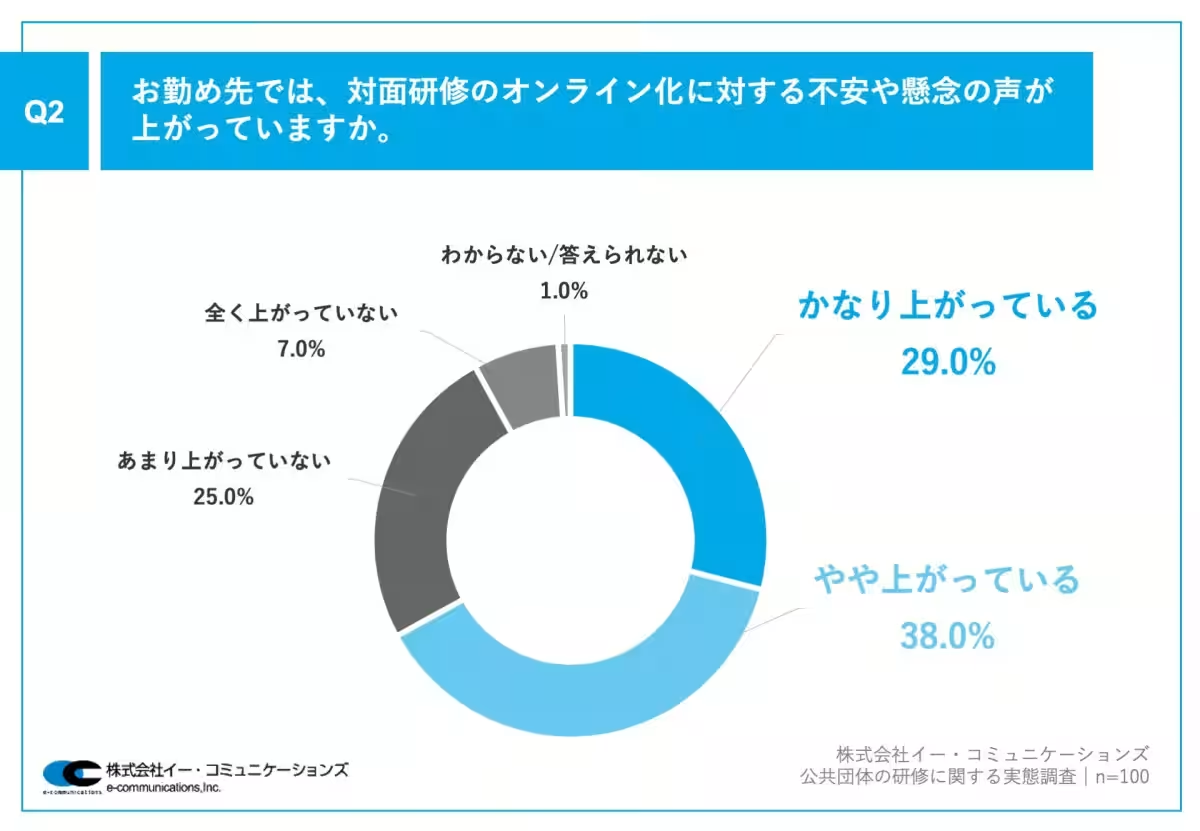
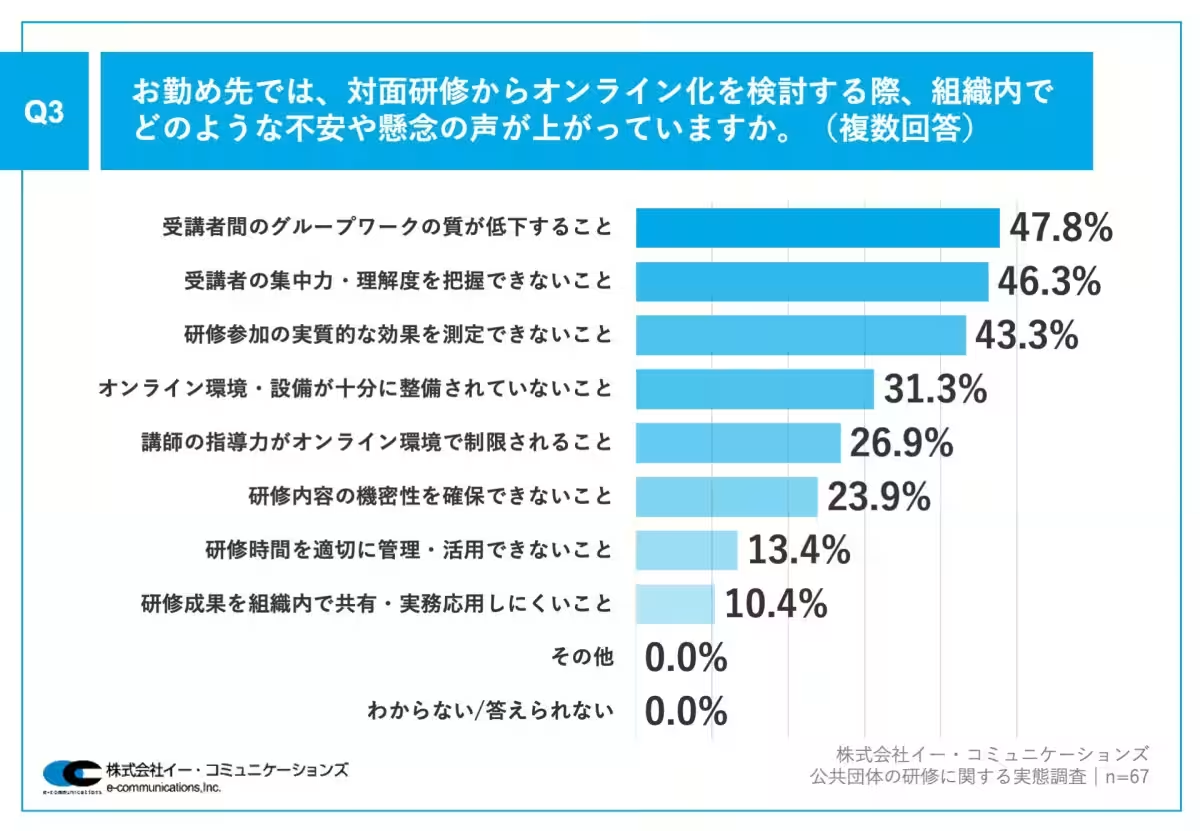
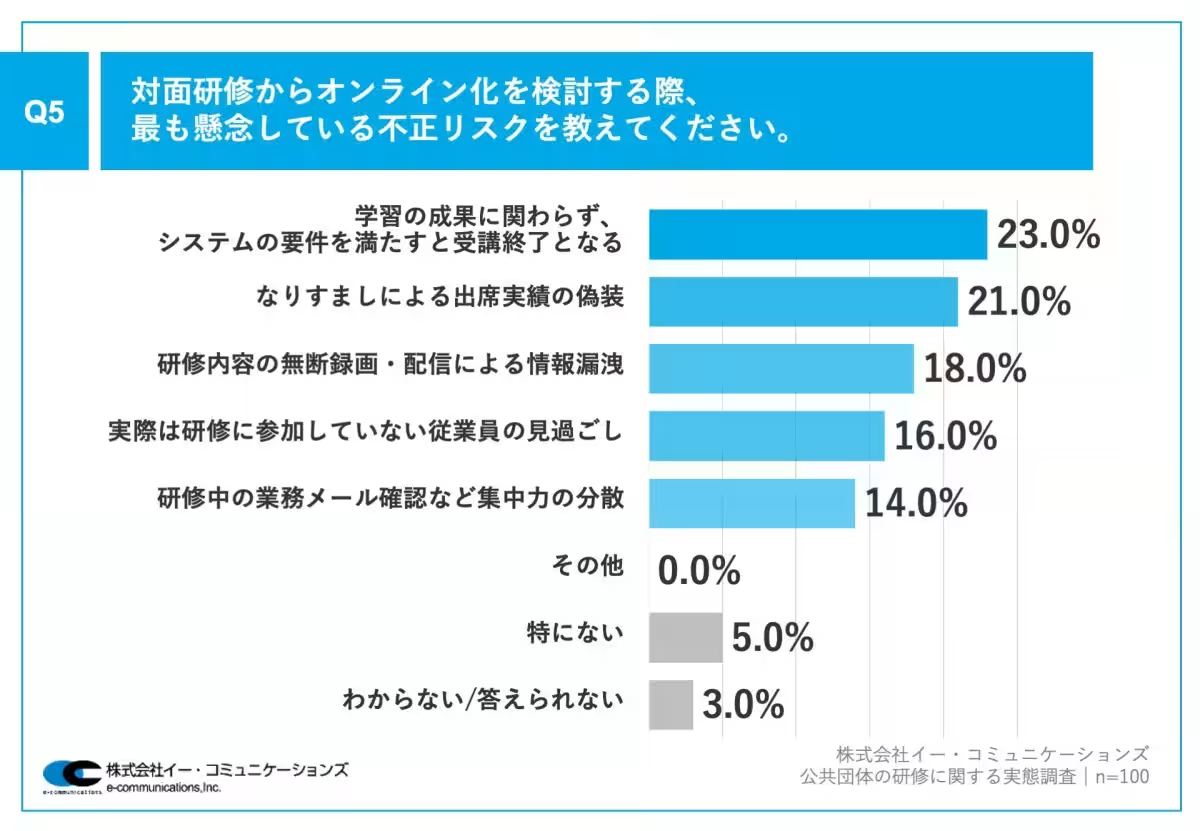
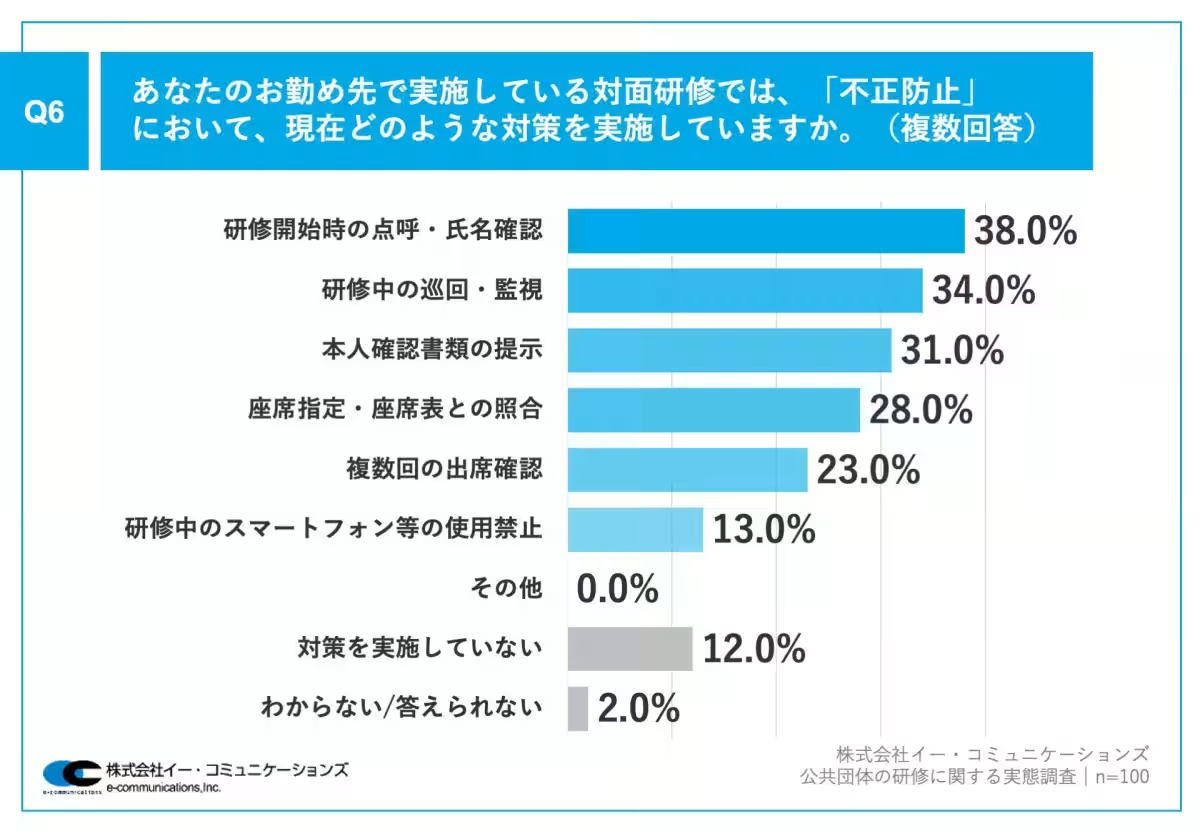
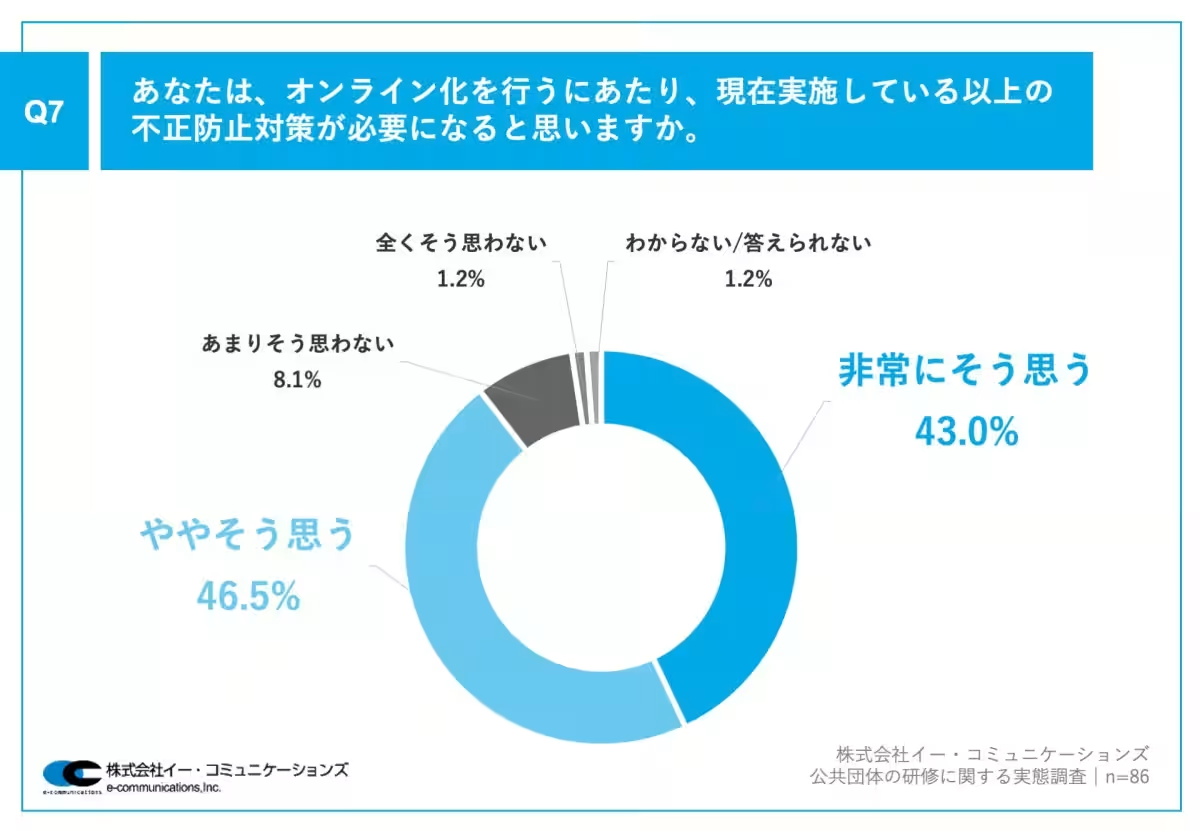
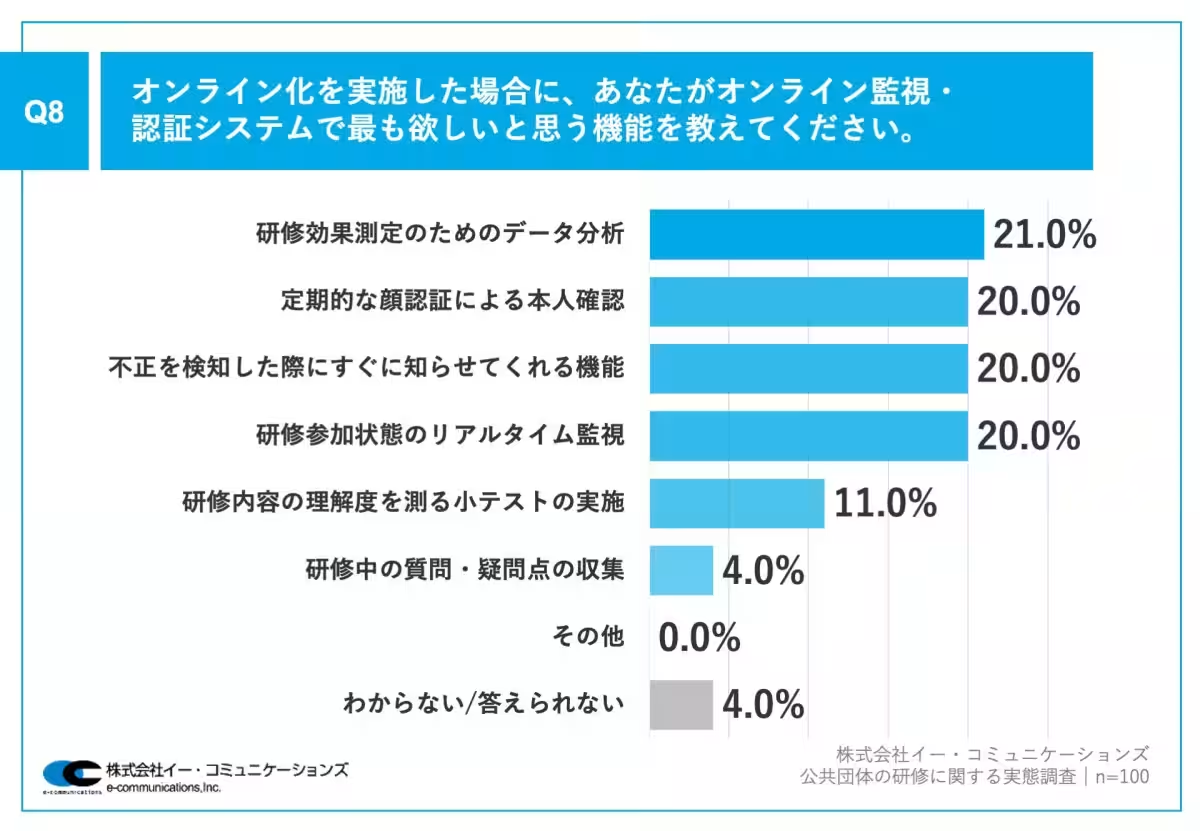
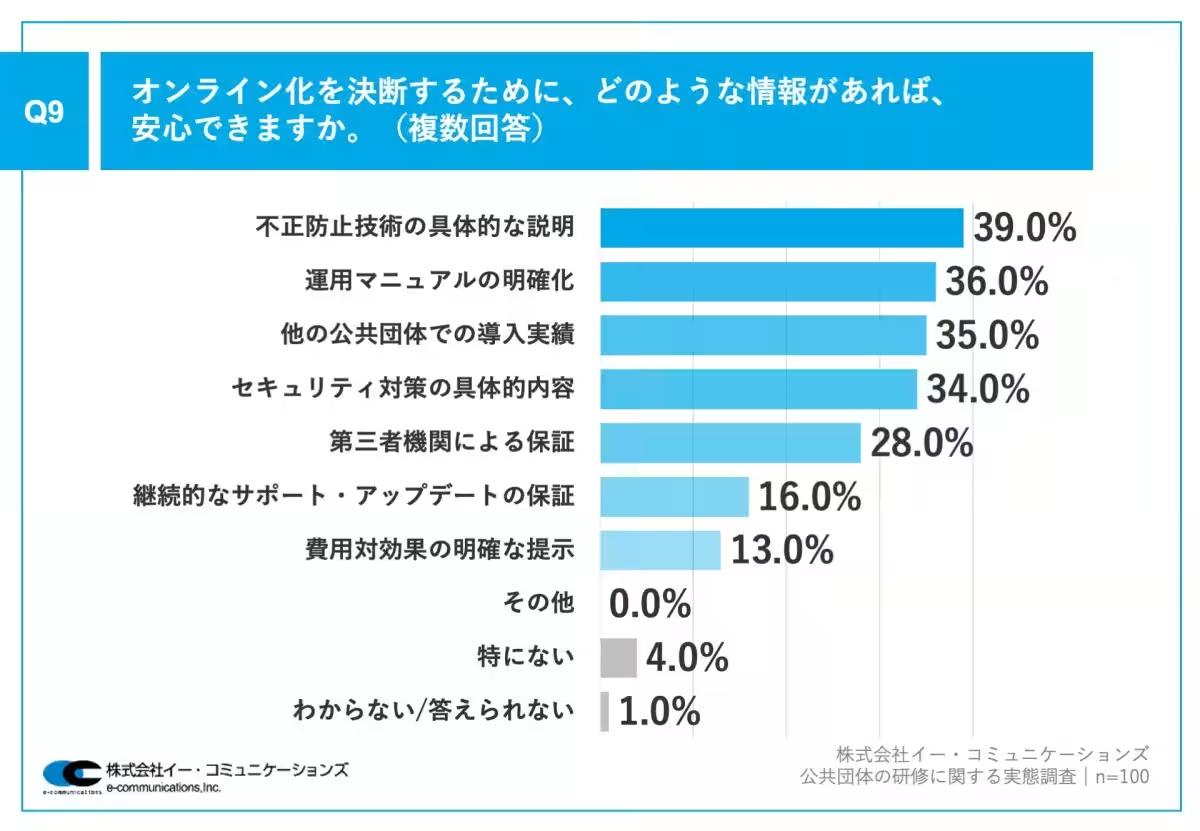
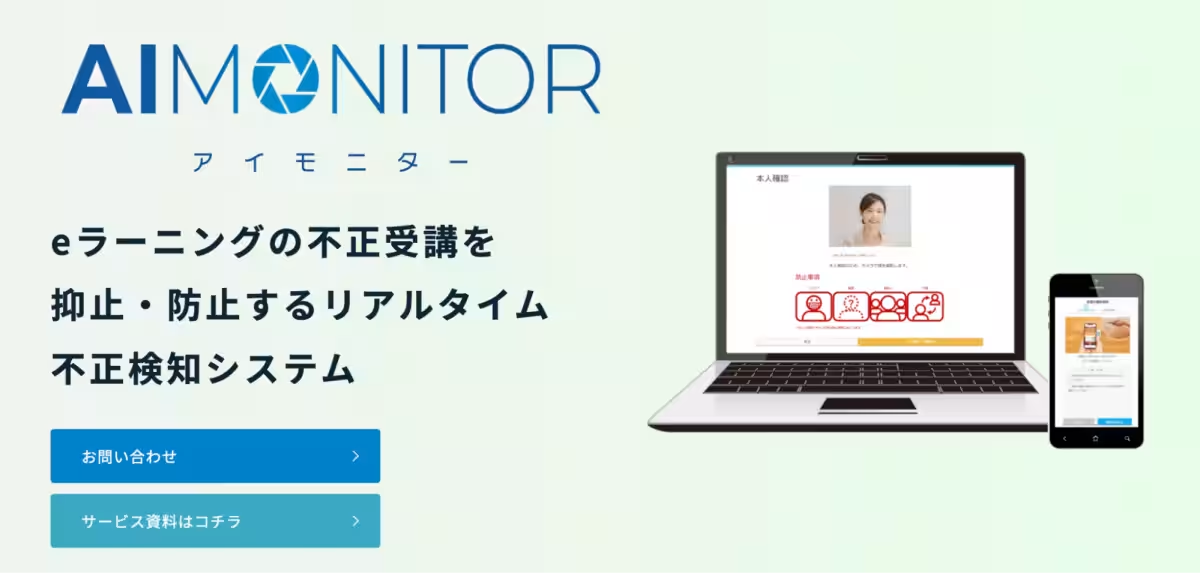
Topics Consumer Products & Retail)










【About Using Articles】
You can freely use the title and article content by linking to the page where the article is posted.
※ Images cannot be used.
【About Links】
Links are free to use.